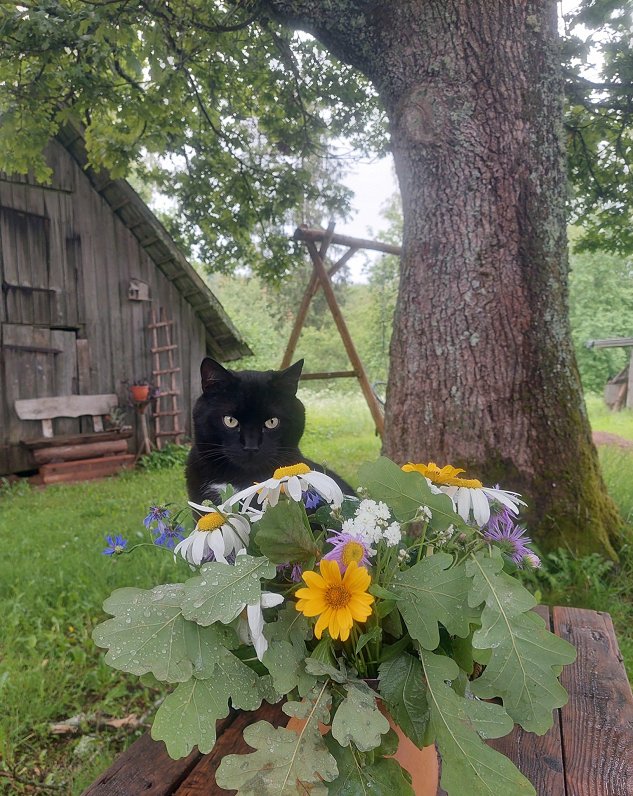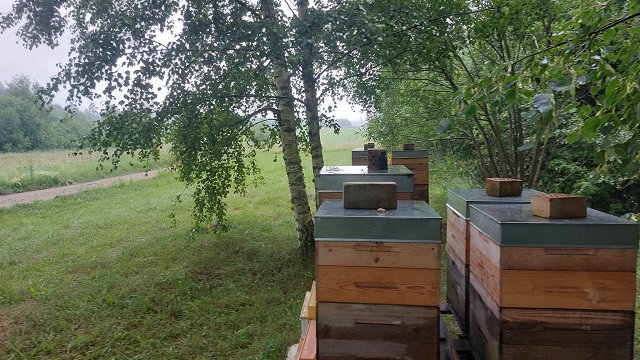Without removing the existing welfare requirements, there will be additional conditions for the transport of animals, the keeping of puppies, the chain length of existing dogs and the socialization of animals.
Agija Mediņa, Head of the Animal Trade, Welfare and Feed Division at the Ministry of Agriculture, explained that dogs born after August 31 2023 will not be allowed to be chained. The rules stipulate that a dog may be tied at competitions, hunting, shows or places where the dog is used for work. A dog may also be tied on the instructions of a practicing veterinarian, in accordance with the dog's state of health and for the temporary restraining of the dog in the presence of its owner or keeper.
The new rules also lay down the minimum amount of free space that may be used for keeping a dog and a cat.
A small dog and cat weighing up to 10 kilograms must have a minimum free area of 4 square meters. For a dog weighing more than 10 but less than 20 kilograms, 6 square meters, and for a dog weighing 20 to 29 kilograms, 8 square meters. A dog weighing more than 30 kilograms must have at least 10 square meters. If this area has a roof, it must be at least 1.80 metres high.
The rules also prohibit keeping a dog or cat permanently in a cage or on a balcony or loggia.
The stricter requirements will also apply to cat ownership, Medina explained:
"A sterilized cat older than 6 months will be allowed to stay outside the owner's or keeper's territory, microchipped and registered in the database. From July 1, the law requires all cats to be microchipped and registered, but there will be exceptions in the Cabinet Regulations."
Medina explained that the exemptions will apply to indoor cats that do not go outdoors. "If I have an indoor cat that I do not use for breeding, that I do not travel around Europe with, and that I do not intend to put in a hotel, yes, such a cat does not and will not have to be marked and registered," said the spokeswoman, while recalling that, for example, if such a cat were to fall out of a window, it would already be a stray and could end up in a shelter.
The monitoring and control of the new requirements should be carried out by local authorities. No one will check apartments, but cats on the streets will be monitored by reading their microchip. The database is the only way to find the owner.




























